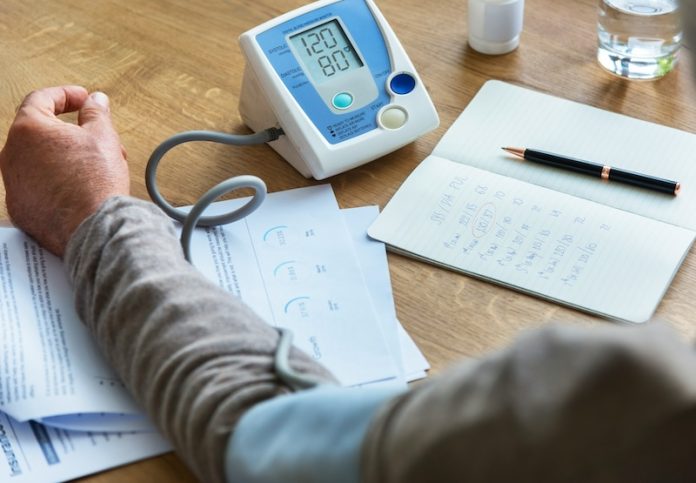
High blood pressure, or hypertension, is a major health concern that, if left untreated, can lead to serious conditions like heart disease and stroke. Managing it effectively isn’t just about which medication you take—it’s also about when you take it.
A study from the University of Vigo, conducted over six years with more than 19,000 participants, found that taking blood pressure medication at bedtime offers significant health benefits compared to taking it in the morning. Participants who followed this nighttime routine saw a lower risk of heart-related problems, including:
- 45% reduced risk of heart attacks, strokes, or heart failure
- 66% lower chance of dying from heart disease
- 44% lower risk of heart attacks
- 40% reduced need for heart procedures
- 42% lower risk of heart failure
- 49% decreased risk of stroke
These findings challenge current medical practices, which often don’t emphasize the best time to take hypertension medication. The study suggests that bedtime dosing may lead to better blood pressure control and fewer complications. However, before making any changes, patients should consult their doctors to ensure the timing fits their individual needs.
Beyond medication, lifestyle choices play a crucial role in managing blood pressure. Eating a balanced diet, staying physically active, and managing stress are all key factors. Following medical advice and maintaining a healthy lifestyle can help keep blood pressure under control and prevent serious health problems.
This research highlights the importance of timing in hypertension treatment. As more studies explore optimal medication schedules, staying informed can help patients make better decisions for their health.
For those looking for natural ways to support blood pressure management, emerging research suggests that beetroot juice may offer potential benefits. While more studies are needed, incorporating heart-healthy foods into your diet can be a simple step toward better blood pressure control.
Copyright © 2025 Knowridge Science Report. All rights reserved.



